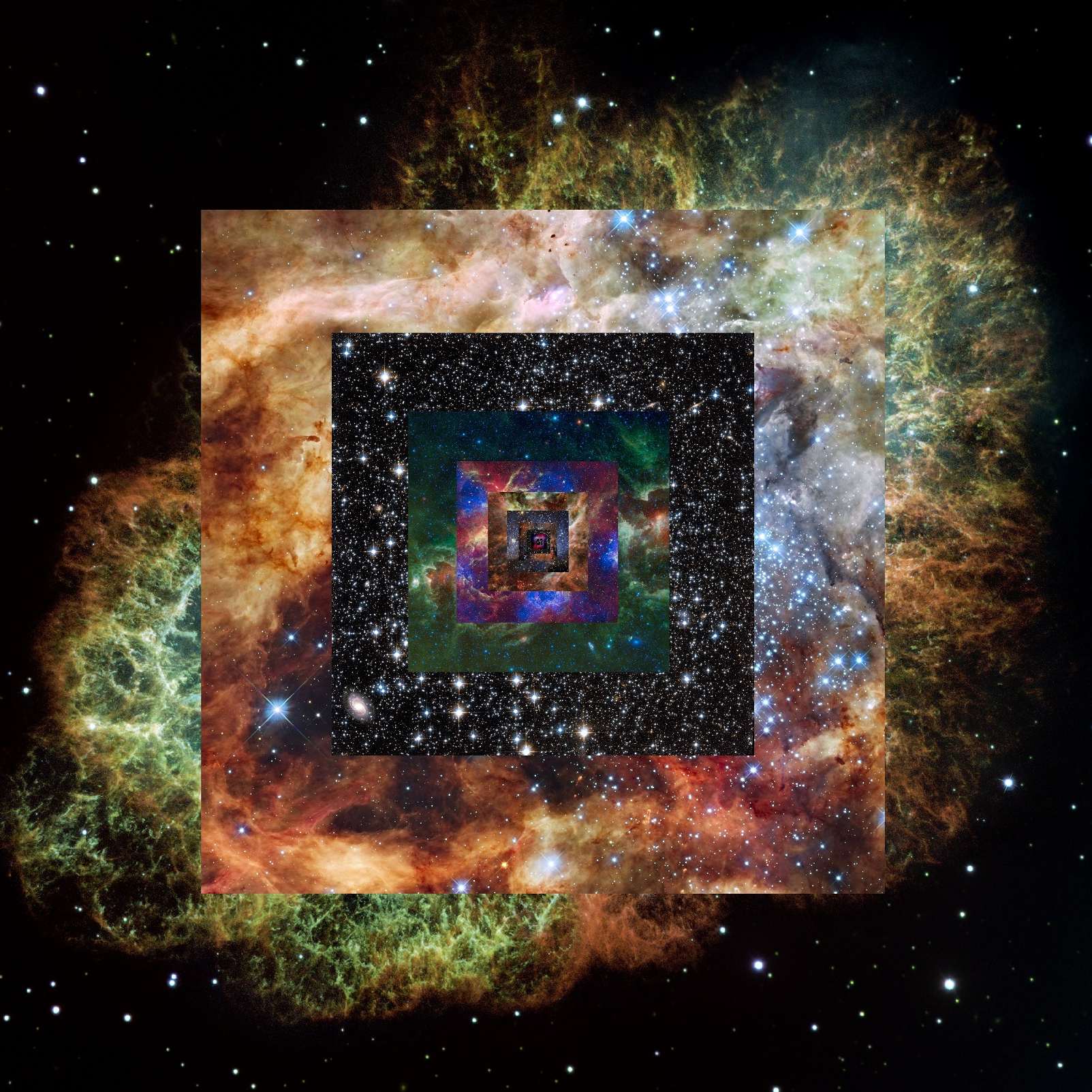
The Internet, since its inception, has been lauded as a global unifier, erasing physical borders and fostering unprecedented connectivity. However, a theory is emerging that questions this unity, proposing the possibility of a ‘Segregated Internet.’ This article delves into this theory, assessing its plausibility through a multitude of perspectives.
The Concept of a Segregated Internet
A segregated internet, often referred to as ‘splinternet’, suggests the formation of separate, distinct internets that could emerge due to diverging ideologies, governance structures, or technological standards. These different internets could be defined by geography, government policies, or even individual corporations.
Historical Evidence: The Chinese Firewall
Historical evidence of segregated internet can be found in China’s “Great Firewall.” It’s a digital fortification designed to control China’s cyberspace, preventing citizens from accessing global internet content deemed inappropriate by the government. If a country can effectively erect a digital barrier, it’s entirely plausible that similar, albeit more nuanced, forms of segregation could exist on a wider scale.
Russia: Sovereign Internet Law
In a similar vein, Russia has passed the Sovereign Internet Law, enabling it to isolate its internet from the global network. This move has the potential to create another significant digital divide, providing substantial evidence that the internet can, in fact, be segregated.
Technological Standards and Digital Fragmentation
Diverging technological standards can also contribute to a segregated internet. As we progress into the era of 5G, countries and corporations adopting different standards could inadvertently lead to a fragmented internet. This form of segregation may not be as overt as governmental control but can result in the same effect of creating distinct internets.
Social Media Echo Chambers
On a less formal but equally impactful scale, the concept of echo chambers in social media also serves as evidence of a segregated internet. Algorithms that prioritize content based on a user’s preference can lead to an isolated and biased online experience, effectively creating ‘micro-internets’ of information.
Corporate-Controlled Internet
The rising power of tech giants like Facebook, Google, and Amazon, which have their own distinct platforms, standards, and ecosystems, also provide evidence supporting the theory of a segregated internet. These corporations, each having control over significant user bases, can essentially operate separate internets.
A Polarized Internet Future?
As we look to the future, international tensions, divergent technology standards, and the growing influence of tech corporations could lead to a more polarized internet landscape. This provides more weight to the theory of a segregated internet, pushing us to consider its implications seriously.
Conclusion: Navigating the Splinternet
The Internet, initially conceived as a tool for unification, faces the possibility of segregation on multiple fronts, from governmental control to corporate influence. These examples not only provide compelling evidence for the existence and future growth of a segregated internet but also challenge us to consider the implications of such a development.
While these segregated corners of the internet might seem disconcerting, it’s essential to remember that the internet, much like society, is a reflection of us all. It is our collective responsibility to navigate these waters and ensure that this powerful tool remains a force for unity and not division.



